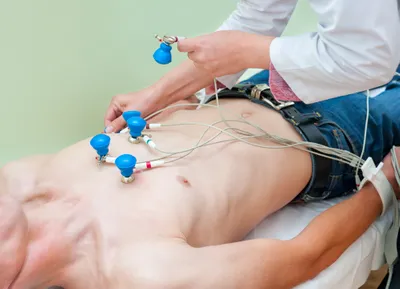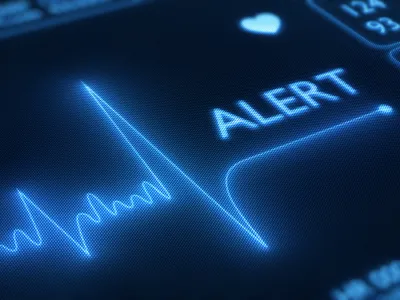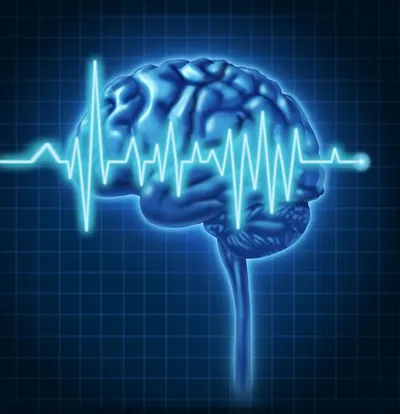Long QT syndrome (or LQTS) is a heart rhythm disorder named for the way it affects the heart’s electrical activity during an electrocardiogram (or EKG). When the heart beat is recorded it beats in a characteristic P, Q, R, S and T pattern. Individuals affected by LQST have a distinctive duration between the Q and the T heartbeat intervals.
The majority of individuals affected by LQTS (1 in 5,000) are born with the genetic defect. However, taking certain medications can cause long QT syndrome later in life. Luckily, once detected, long QT syndrome can be controlled by a combination of medication and/or a surgical implant to keep the heart beating normally.
Here are the ten telltale symptoms of long QT syndrome…
1. No Symptoms
Sadly, the majority of patients affected by long QT syndrome don’t show any signs or symptoms until they experience an unexpected fainting episode, which can be very scary and confusing. Undergoing genetic testing for another condition may also reveal the unknown genetic heart defect. If an individual is fitted with an electrocardiogram (ECG) or halter monitor by a doctor because they’ve fainted, it may record their irregular heart beat.
2. Heart Palpitations
Erratic heartbeat, or arrhythmia, is one of the most common signs of long QT syndrome. When the heart’s ventricle beats irregularly, the heart inadequately supplies the brain and body with fresh blood, and fainting or seizure-like effects can occur.
3. Gasping During Sleep
Oftentimes, the first individual to notice a problem may be your spouse or partner. They may tell you that you gasp or wheeze while sleeping because of sleep apnea. However, this affected breathing may be actually caused by arrhythmia.
4. Fainting Without Warning
As mentioned, unexpected fainting (or syncope) will occur when arrhythmia occurs. However, it’s what spurs the irregular heart beat that’s so confounding. Many people with long QT syndrome will faint without any warning due to physical stimulation, excitement, anger, or a sudden scare (i.e., a fire alarm going off).
5. Seizures
Seizures will occur when the heart beats irregularly, robbing the body and brain of vital oxygen. Even a few seconds of arrhythmia can cause the body to suddenly lose consciousness and even spur a seizure.
6. Sudden Death
In most cases of arrhythmia, the heart rhythm will quickly return to normal and prevent seizure or death. However, Long QT syndrome, where the heart beat is erratic for longer will demand the aid of an external defibrillator to maintain a regular heart beat or sudden death can result.










